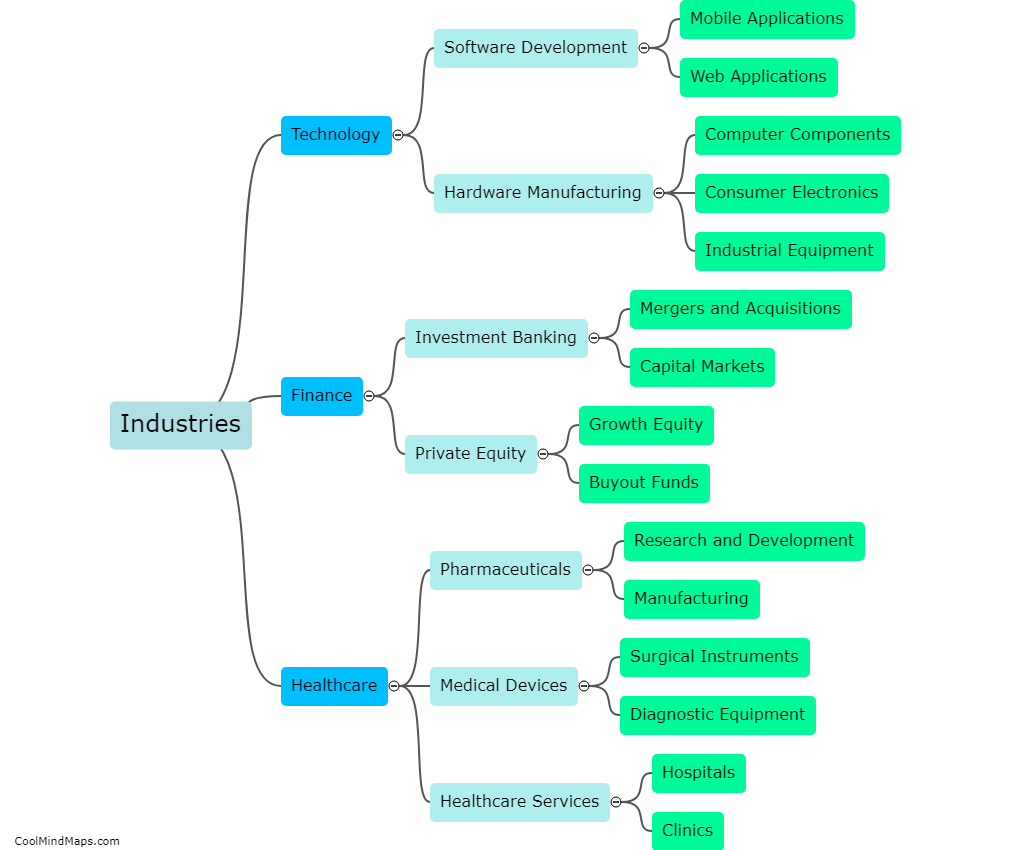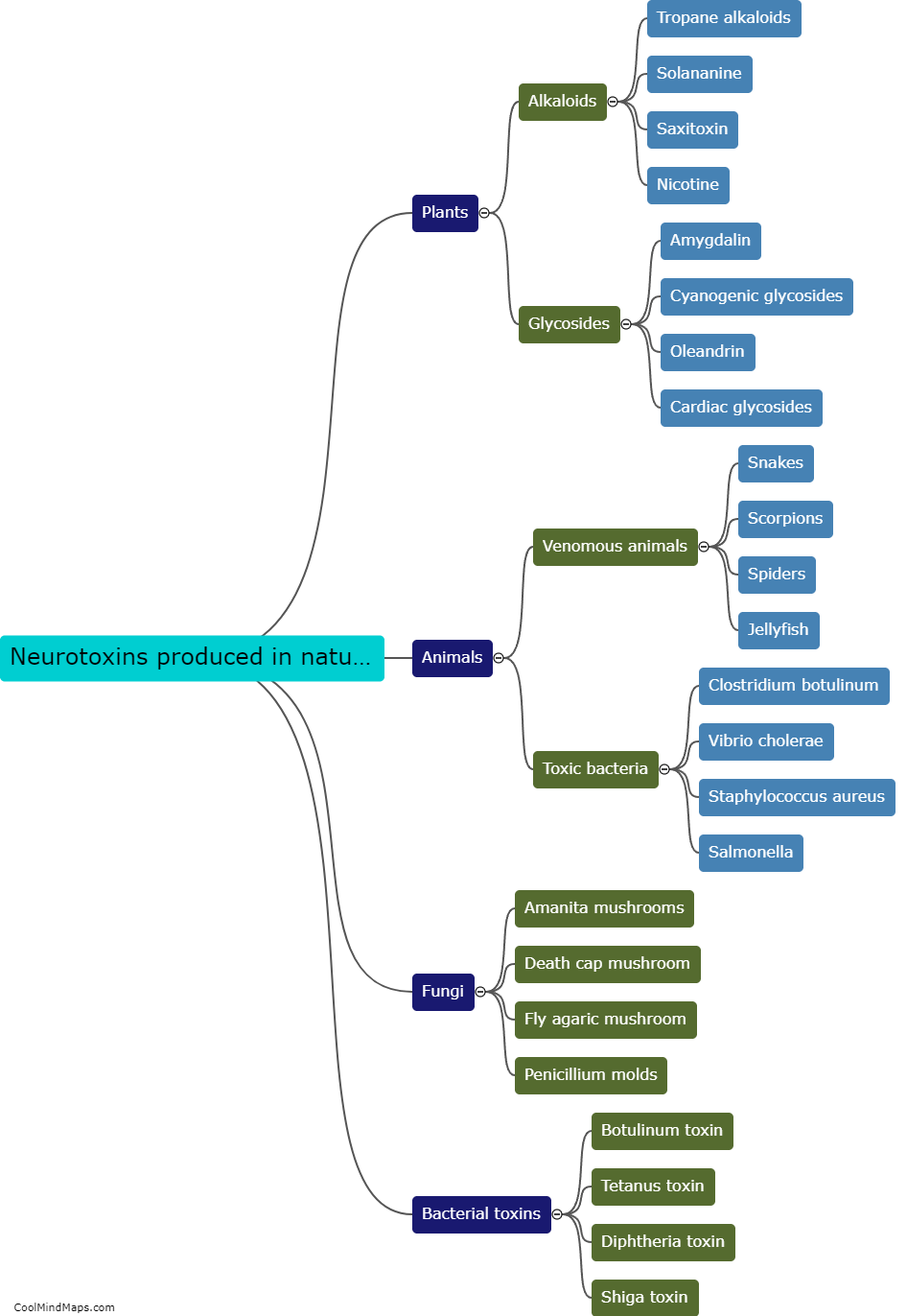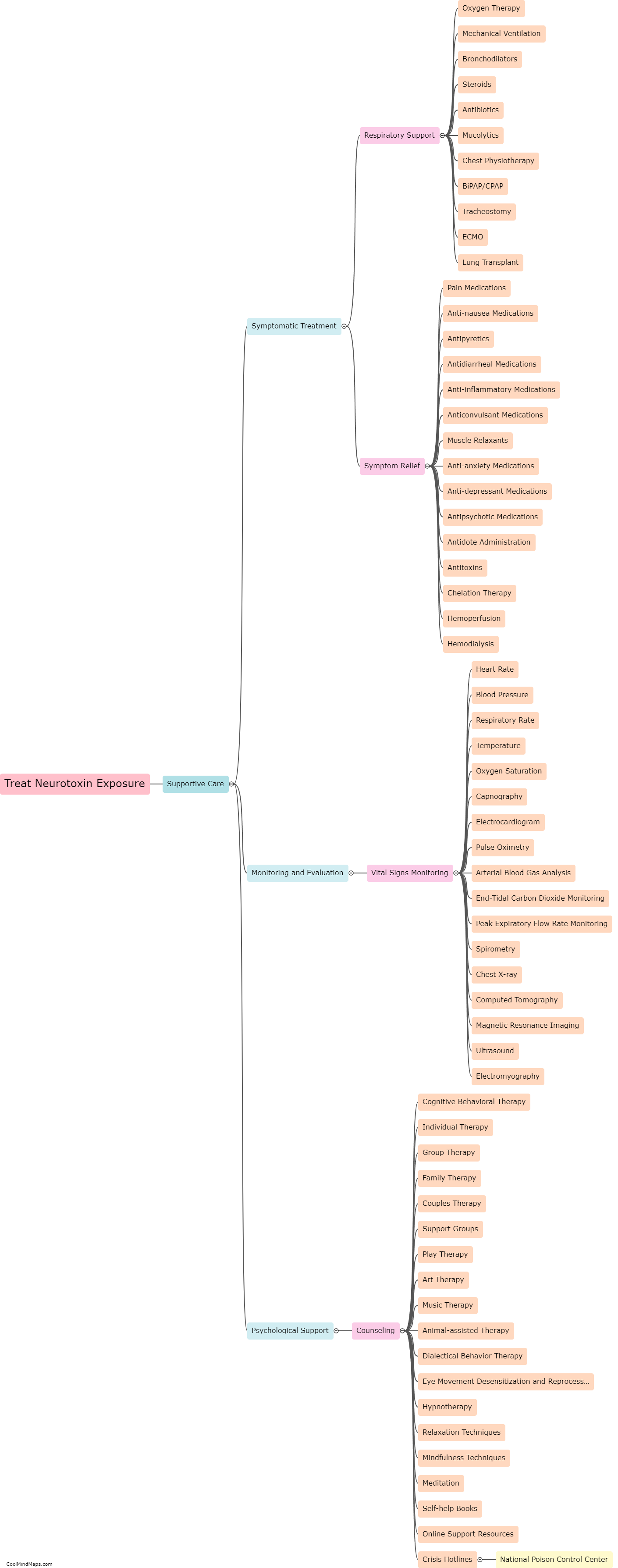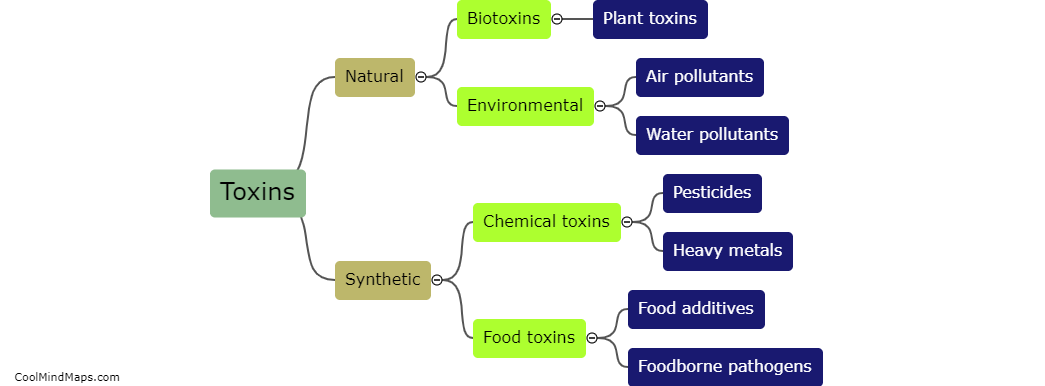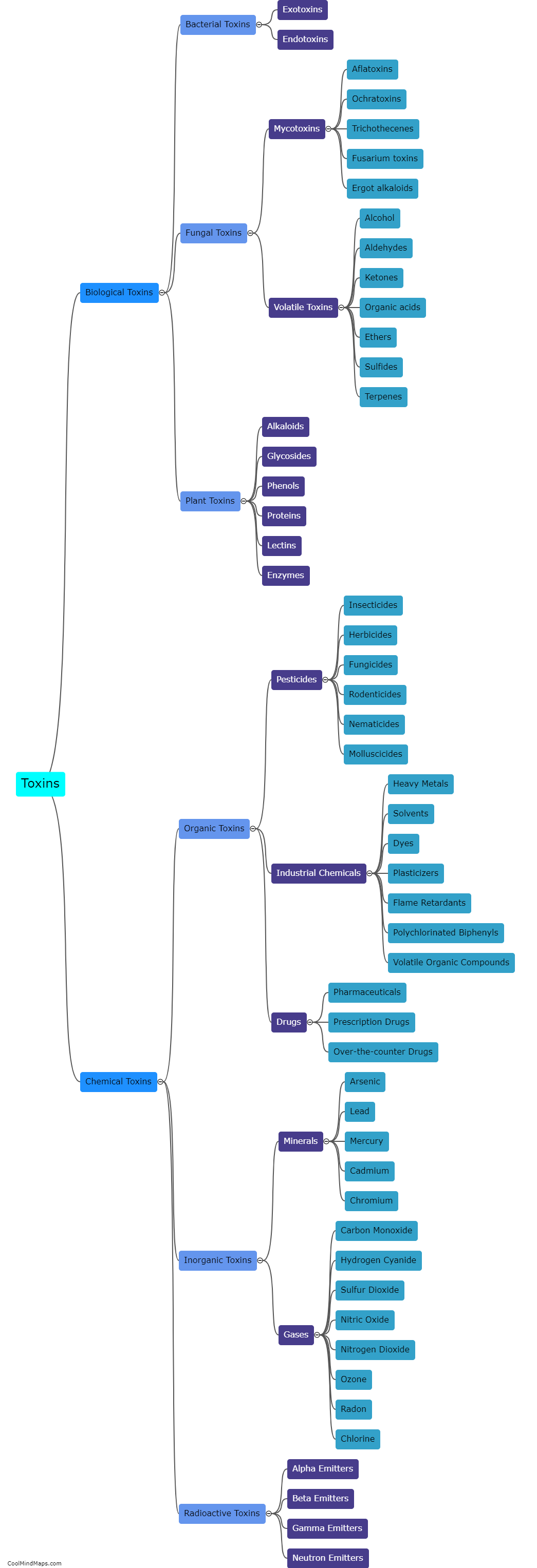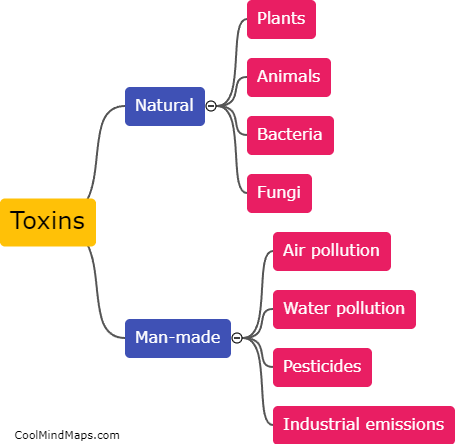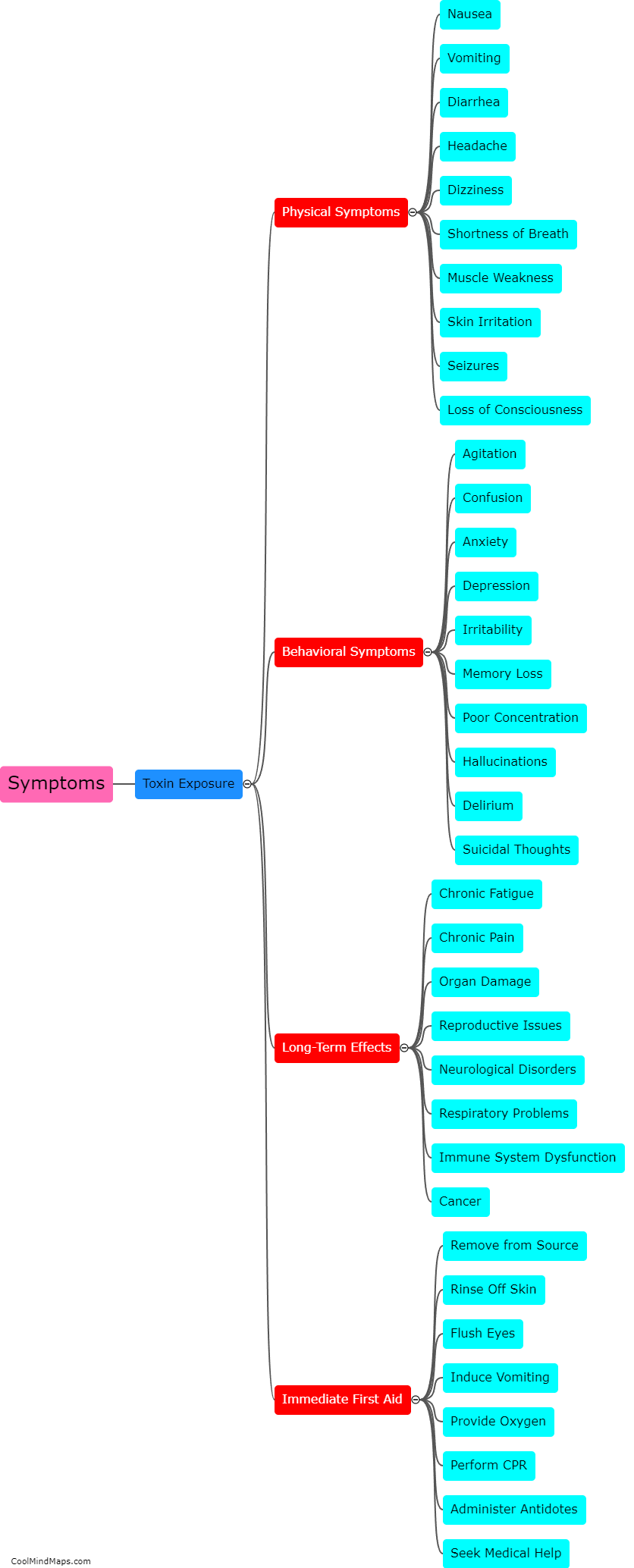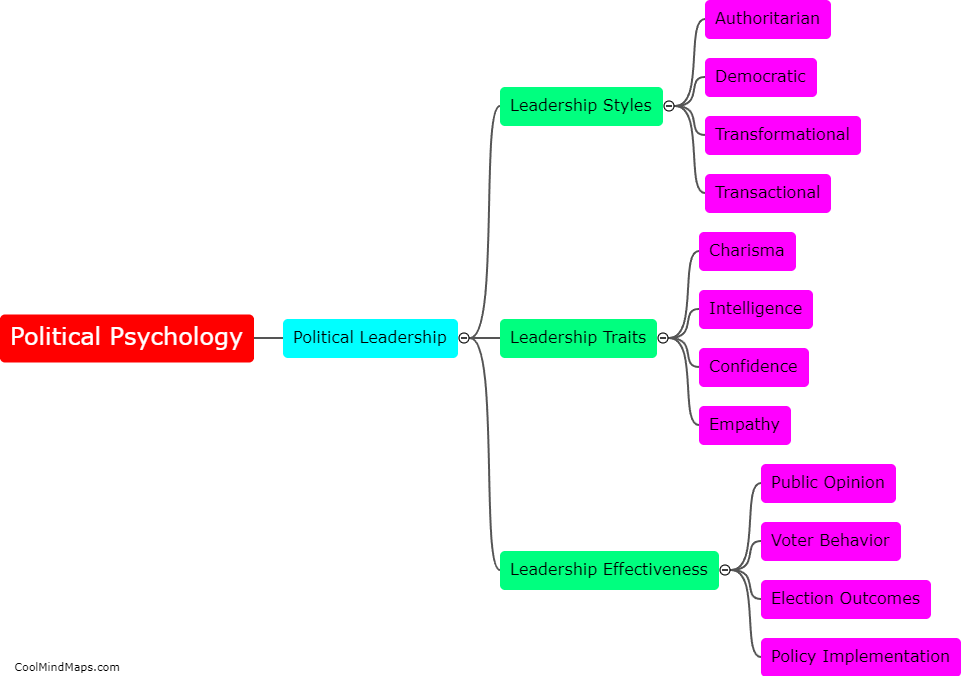How do toxins affect the human body?
Toxins are harmful substances that can have adverse effects on the human body. They can be found in our environment, such as air pollution, contaminated food or water, and exposure to chemicals. When toxins enter the body, they can disrupt the normal functioning of cells and organs, leading to a wide range of health problems. Toxins can damage DNA and cause mutations, leading to the development of various forms of cancer. They can also affect the nervous system, resulting in neurological disorders or cognitive impairment. Additionally, toxins can impair the immune system, making individuals more susceptible to infections and diseases. The liver and kidneys play a crucial role in filtering and eliminating toxins from the body, but excess toxin exposure can overwhelm these organs, leading to organ damage or failure. It is essential to minimize toxin exposure, maintain a healthy lifestyle, and seek medical attention if experiencing symptoms of toxin-related illnesses.
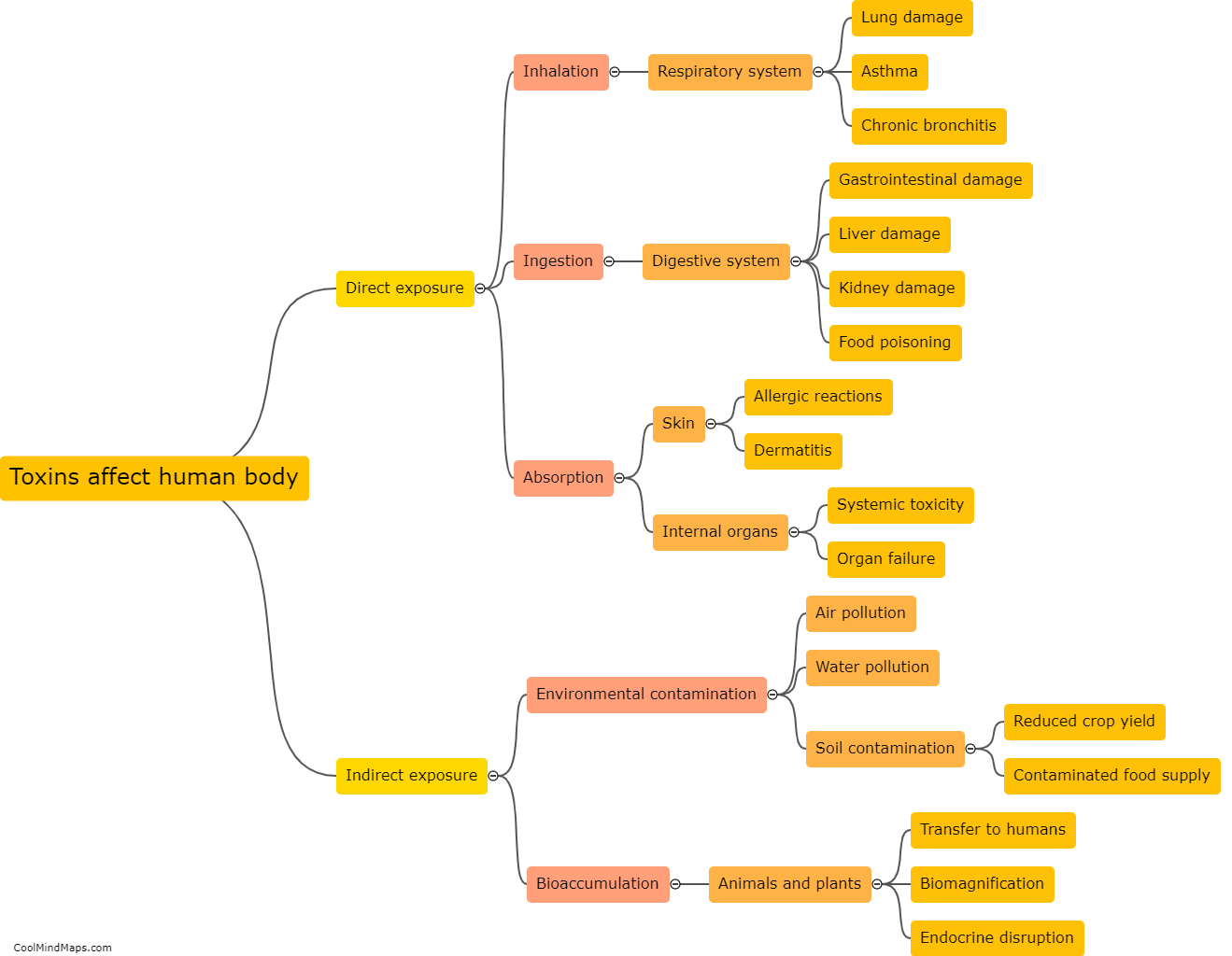
This mind map was published on 3 December 2023 and has been viewed 83 times.



